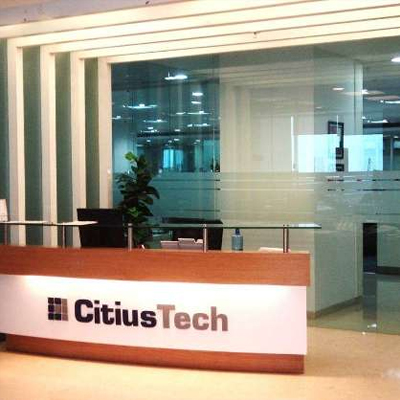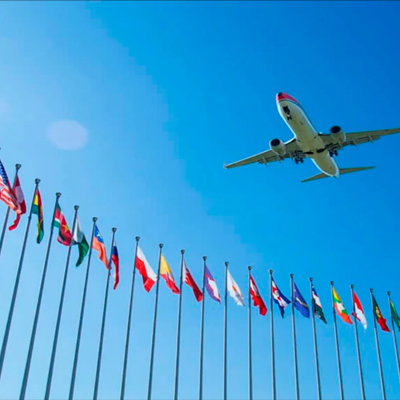Global Accord: Nations Unite in New Delhi to Confront AI Challenges

In a landmark development, member countries of the Global Partnership on Artificial Intelligence (GPAI) have unanimously adopted the New Delhi declaration, signaling a collective commitment to addressing the multifaceted challenges posed by artificial intelligence (AI). The summit, which included representatives from 28 nations, concluded with a strategic focus on governance, collaboration, and inclusivity in the AI landscape.
Key Highlights
Risk Mitigation and Recognition
The New Delhi declaration places particular emphasis on the inherent risks associated with AI, ranging from misinformation and disinformation to concerns about personal data security and potential threats to human rights and democracy. This recognition underscores the need for a proactive and unified approach to harnessing the benefits of AI while mitigating associated risks.
GPAI's Role and Focus
The declaration outlines the pivotal role of GPAI in addressing contemporary AI issues, including generative AI, through applied projects aimed at solving societal problems and global challenges. The emphasis is on maximizing the benefits of AI while ensuring transparency, fairness, and ethical considerations.
Ministerial Consensus
Following an intensive nearly 5-hour ministerial council meeting, the consensus on the declaration reflects a shared commitment to shaping the future of AI through innovation, collaboration, and increased applications in critical sectors such as healthcare and agriculture.
Increased Collaboration and Inclusion
The declaration stresses the importance of fostering increased collaboration and inclusion within the AI community. GPAI is positioned as a frontrunner in shaping AI governance, leading conversations on the safe and trusted deployment of AI technologies.
Next Steps
In the coming months, the Indian government, as the host nation, will work collaboratively with other member countries to further refine and implement the AI governance framework. The inclusive nature of GPAI is underscored, with a commitment to including countries from the global South and ensuring the benefits of AI are accessible to all.
Global Perspectives
France's Vision: France's Minister for Digital Transition and Telecommunications, Jean-Noel Barrot, emphasized the inclusive nature of GPAI and the vision for a human-centric AI. Discussions will extend to collaborating with the OECD to pool expert resources for comprehensive governance solutions.
Japan's Support: Japan's Vice Minister in the Ministry of Internal Affairs and Communications, Hiroshi Yoshida, lauded India's presidency and fully supported the inclusive approach of GPAI. The aim is to encourage more developing countries to join the initiative.
UK's Enthusiasm: UK's Minister for AI and Intellectual Property, Viscount Jonathan Camrose, expressed excitement about GPAI's unique contribution, citing its inclusivity and adaptability as key strengths.
Future Endeavors
The nations participating in the GPAI summit have set the stage for ongoing collaboration, with another meeting planned for mid-2024 to delve into the evolving framework for AI governance. The global community looks to navigate the complexities of AI collectively, ensuring responsible and impactful integration for the benefit of humanity.
.png)







